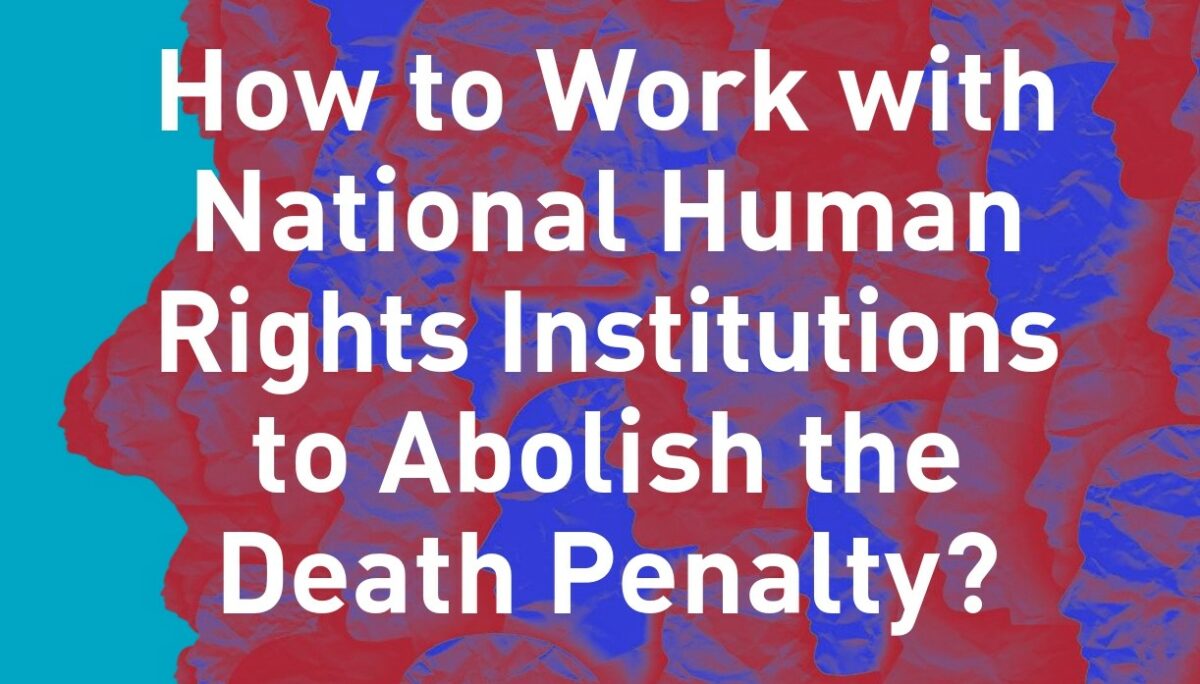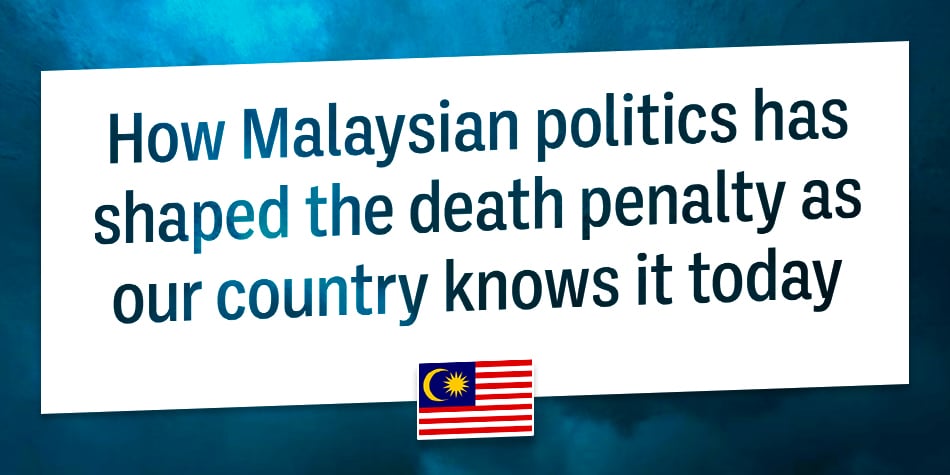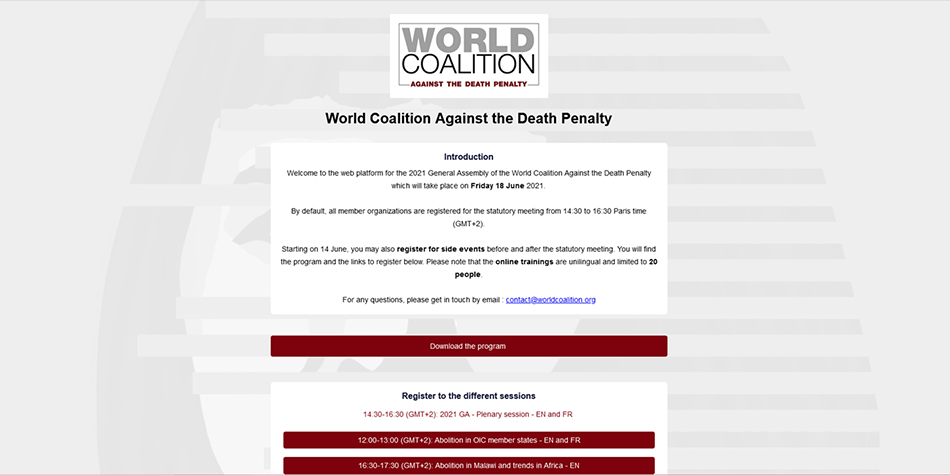
Publication of a New Guide on Working with National Human Rights Institutions to Abolish the Death Penalty
Advocacy
The World Coalition Against the Death Penalty has published a new how-to guide, in collaboration with Mr. Isidore Clément Capo-Chichi, President of the Beninese Commission on Human Rights. It is aimed for civil society organizations and illustrates how to collaborate with National Human Rights Institutions (NHRIs) to achieve the abolition of the death penalty.
In 2018, a poll of the World Coalition membership identified areas of capacity building, particularly in relation to advocating with allies for the abolitionist cause. Amongst these powerful, and uniquely placed allies, are NHRIs.
As human rights bodies in their countries, structured by the United Nation’s Paris Principles, NHRIs are natural allies in the fight to abolish the death penalty, occupying a legitimate space to contribute to the implementation of human rights.
This guide can be considered as a companion to the Practical Guide for NHRIs published by World Coalition member Together Against the Death Penalty (ECPM) in 2020. Together, these two tools- one for NHRIs and one for CSOs- work jointly to provide extensive advocacy opportunities to end the death penalty.
We sat down with Isidore Clément Capo-Chichi to talk about the guide:
Why did you agree to writing this guide with the World Coalition Against the Death Penalty?
Isidore Clément Capo-Chichi (ICCC): The World Coalition is doing truly important work advocating for the permanent abolition of this infamous penalty around the world. Abolishing capital punishment is a constant struggle for the right to life, the first right without which all other rights cannot exist.
I agreed to write this guide for NGOs to recognize the work of the coalition and especially to share good practices with all women and men, leaders of NGOs engaged in this fight for life. My previous experiences as an NGO leader, as an expert member of the working group on the death penalty of the African Commission on Human and Peoples’ Rights (ACHPR), and my current experiences as President of the NHRI in my country, encouraged me without hesitation to commit to this project alongside the World Coalition.
In your opinion why is it important for NGOs to work with NHRIs for the abolition of the death penalty?
ICCC: NHRIs are national mechanisms for the promotion and protection of human rights. These institutions have a double mission of advice and control to the States that have established them.
For an NGO working with an NHRI, it is to rally to its advocacy a bridge of interactive and permanent dialogue with the States.
How do NHRIs differ from other abolitionist allies?
NHRIs are not NGOs but NGOs are generally strongly represented in NHRIs and therefore understand the advocacy of NGOs and can become a major ally in bringing non-abolitionist States to commit to the path of abolition for the respect of life and human dignity.
[NHRIs] are also an institution set up by the States freely and without constraint, and therefore have a priori the attention of the governments. The role of NHRIs in democratic governance is unique.
Published both in French and in English on 17 November 2022, on the occasion of the round table dedicated to NHRIs at the 8th World Congress Against the Death Penalty, ‘How to Work with NHRIs for the Abolition of the Death Penalty’ is in the World Coalition’s digital library and attached to this article.
Attached documents
Categories
Trend Towards Abolition





